Parking fines: Pavement parkers face £70 fines under new plans
- Published
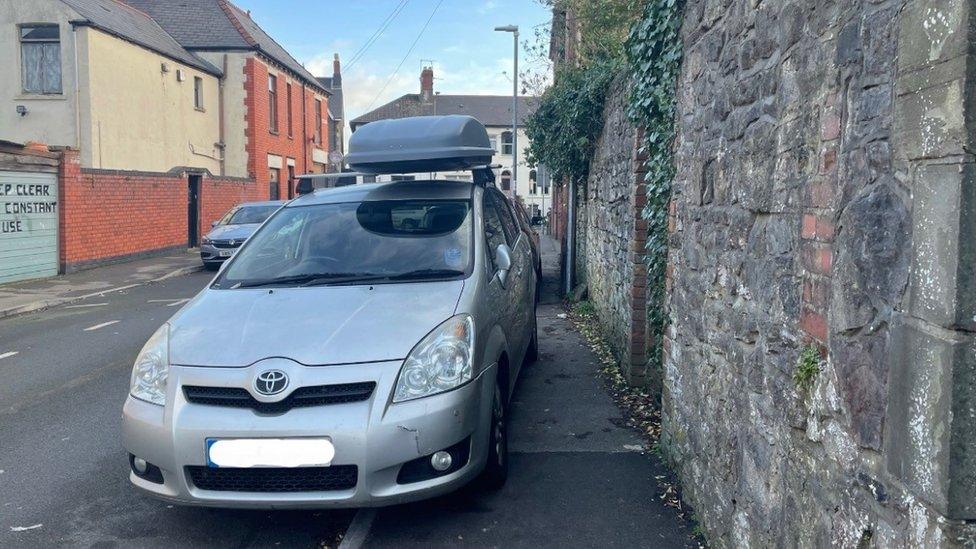
Cars parked on the pavement could "risk lives", says wheelchair user Kat Watkins
Pavement parkers could face fines of up to £70 under new Welsh government plans to keep them clear.
It plans to give councils across Wales the powers to tackle the issue after a pilot scheme in Cardiff in 2021.
Kat Watkins, from charity Disability Wales, welcomed the changes. She said blocked paths risk people's lives and create barriers for disabled people.
Motoring group the AA said drivers park on pavements in built-up areas due to pressure on suitable parking spaces.
The rules across the UK vary but only the UK government has the power to criminalise it.
Parking on the pavement is only illegal in London. The Scottish government has passed a law banning it but is not yet enforcing it.
In Wales, local authorities can use Traffic Regulation Orders to create street-by-street or area-wide bans, but this can be time consuming and costly, according to Deputy Minister for Climate Change Lee Waters.
Charity Living Streets asked people in Wales how much of a problem it was, external.
Out of 1,000 people surveyed, 83% said pavement parking was a problem, and 83% of respondents supported a ban on parking on pavements.
In a survey of more than 24,000 people across the UK and Ireland, sustainable transport charity Sustrans found that banning pavement parking would help 70% of all residents to walk or wheel more, external.
'Risking my life'

Kat Watkins says she has been left feeling "extremely frustrated" as a result of cars parked on pavements
Ms Watkins said cracking down on pavement parkers could make a real difference to disabled people.
As an electric wheelchair user, she said cars parked on pavements leave her feeling "extremely frustrated and annoyed and angry" as it meant she may not be able to pass them easily.
"If there's less than a metre (3ft) I'm definitely not going to get through that gap," she said.
"I'm a good driver, and I manage to get my wheelchair most places, but if the gap's too small it ain't going through."
'We need to go places'
She said as well as difficult, it was also dangerous for the people who need to alter their route.
"You've got to find the dropped kerbs, and usually that means going back 100 metres (328ft) and that puts time onto your journey," she said.
"Also if it's a busy road, it's like 'oh great, I really am going to put my life at risk here'.
"For me it's exhausting, and extremely frustrating because you've then got to fight to get to the places you want and that you thought you could get to quite easily.
"It is so inconsiderate, people have lives as well. Wheelchair users, we have lives also. We need to go places. It's out of order."

New mum Gwenllian says she has always found it inconvenient but now she has a pram she realises it is also dangerous
Gwenllian Wyn from Cardiff has a six-month-old daughter and said it was "frustrating" to navigate with her pram.
She would like people to be more considerate when parking.
"People are prioritising their cars over pedestrians and that means from time to time I have to go with a pram from the pavement to the main road to get around cars," she said.
"I've always been aware of it but since having a baby it's become so much more of an issue because I'm pushing a pram and that's the safety of my child which very much concerns me."
'Frustratingly slow'
"No quick fix to menace pavement parkers"
The Welsh government said it was waiting for the UK government to change the law to make it illegal, but Mr Waters said progress had been "frustratingly slow".
"What we can do is to give councils extra powers to enforce the existing law," said Mr Waters.
"Currently only the police have the power to crack down on obstructions, they don't have the resources or time to do it.
"So by giving councils the powers to issue fines we think that could be an effective tool because they can then use their judgement as to where is the most problematic and target their enforcement at those areas."
A spokesman for the UK government's Department for Transports said: "Everyone should be able to navigate their streets without obstacle and we'll continue to work with local authorities and charities to keep pavements clear wherever possible.
"In 2020, we launched a consultation to explore options for tackling pavement parking and better equip councils to take action. We will publish its responses and announce next steps as soon as possible."
While some campaigners have been calling for an outright ban on pavement parking, Sarah Philpott, from Living Streets Cymru, welcomed the news of a possible fine to deter motorists.
"We hope that this will give local authorities an easier way to punish people who park on the pavement, but in order to do that they will need the proper powers and guidance," she said.
'Recognise the pressures'
A spokesman for the AA said often people are not parking on pavements by choice.
He said in recent years, demand for parking spaces has got worse in built-up areas for a number of reasons, including financial pressures to stay in family homes, job mobility and inadequate public transport.
"That pressure on parking spaces will lead to pavement parking - for reasons that are often related to council failures such as insufficient housing, poor public transport, bad planning, etc.
"Many councils recognise that pavement parking may be necessary, perhaps on narrow streets where emergency vehicle access would otherwise be difficult. They will look to manage it, through permits and marked spaces where cars can park partially or fully on the pavement but leave room for pedestrians.
"Councils already have the ability to fine for bad parking and anti-social behaviour as a last resort, but the initial response needs to be recognising pressures and trying to find ways to balance demand and availability."
The Welsh government will now consult on the matter, external with a view to introducing the necessary legislation by the end of 2023.

WALES LIVE: Behind the headlines of Wales' biggest stories
WALESCAST: Your one-stop shop for Welsh politics

- Published13 October 2020
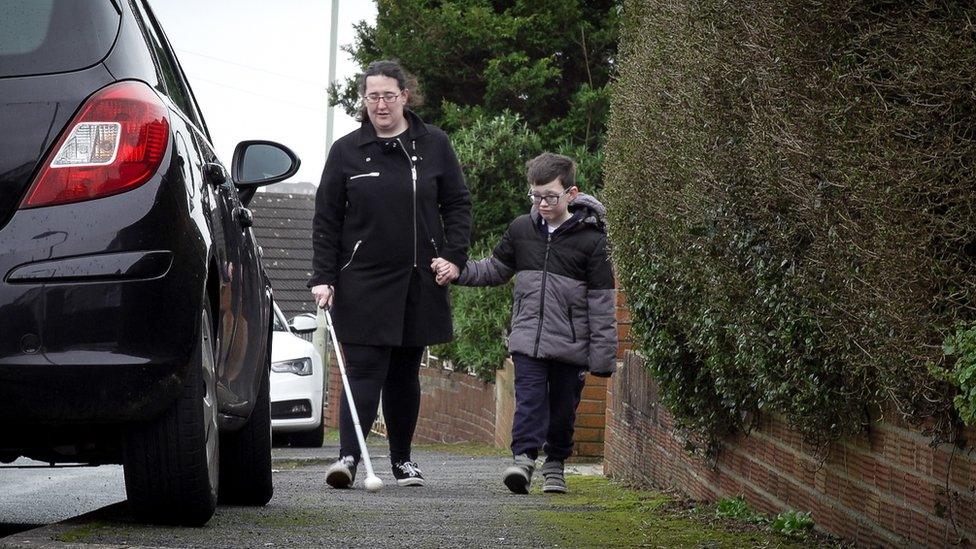
- Published22 February 2020
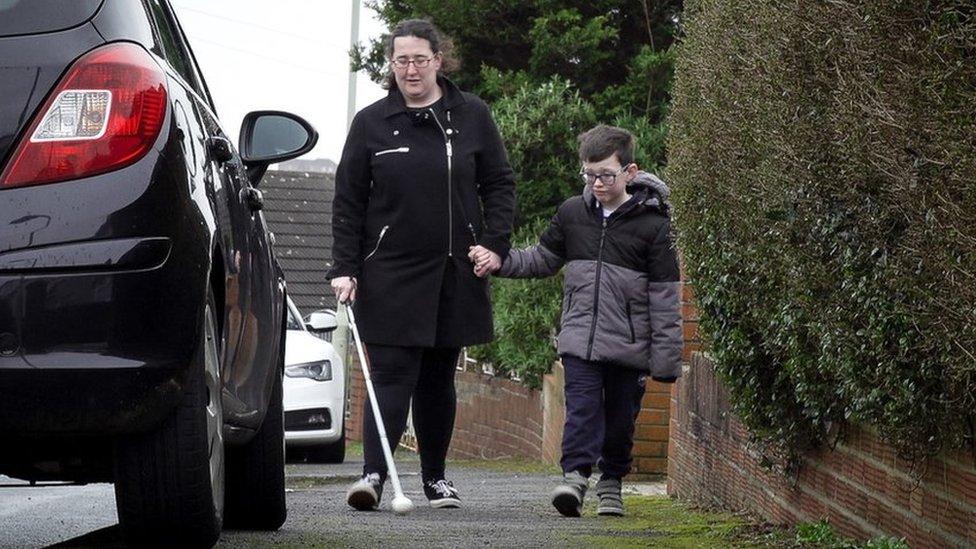
- Published7 January 2023
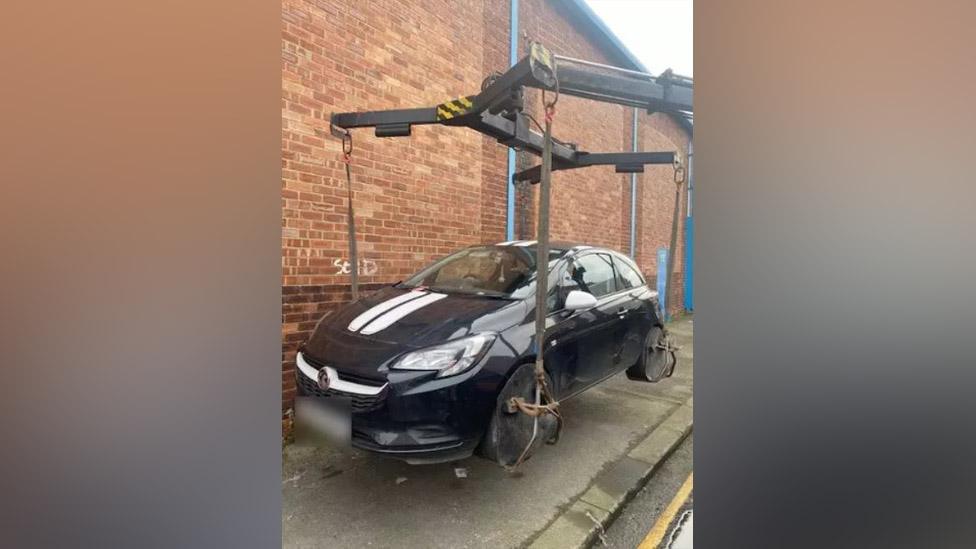
- Published20 May 2022
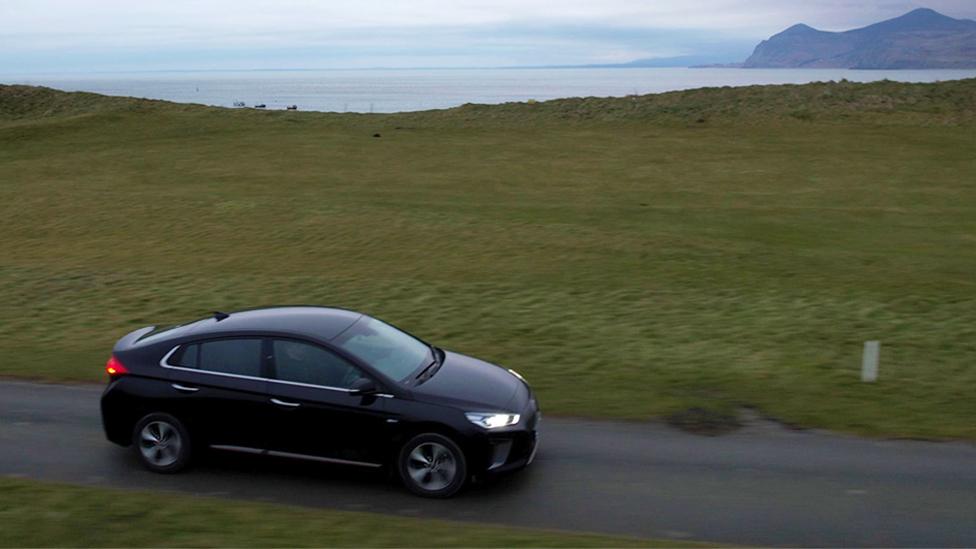
- Published27 April 2021
